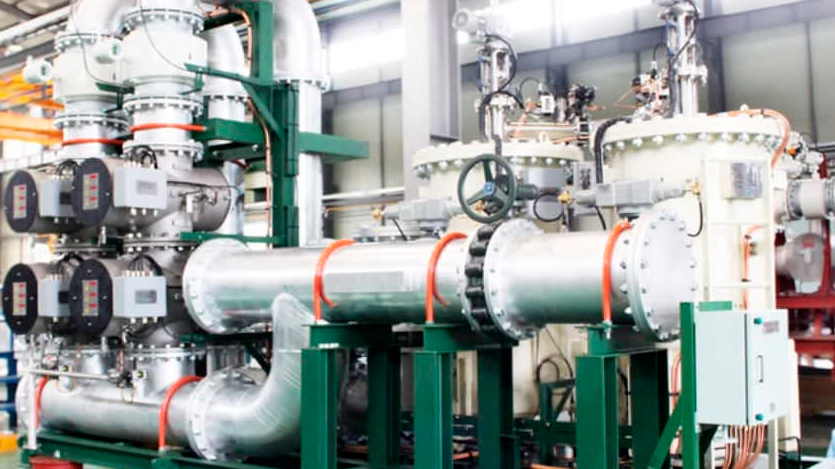More Signatories Still Needed For BWM Convention

Despite the addition of Morocco, Indonesia and Ghana to the list of signatory states in November, the IMO has announced that the ratifying nations' vessel tonnage remains just under the amount to trigger the Ballast Water Management Convention’s enactment.
Nearly fifty nations have signed the convention, but their combined tonnage stands at 34.56 percent of the global total – just under the 35 percent needed.
The IMO had announced in November that Indonesia's signature would be enough to push the total over the 35 percent mark, subject to verification of tonnage. But a detailed tally came up slightly short.
IMO and partner IHS Maritime & Trade continue to work to verify the tonnage figures provided by each state, but they say that it is already clear that the November additions will not be enough to allow enactment.
IMO Secretary-General Kitack Lim said, “The recent ratifications have brought the BWM Convention so very close to entry into force . . . I would urge countries that have not done so to ratify the BWM Convention as soon as possible so that we can establish a certain date for entry into force, and also so that it is widely accepted when it does.”
The Convention, now in its twelfth year of awaiting ratification, will go into effect 12 months after it meets the threshold.
The IMO encouraged operators to be proactive in the installation of compliant BWM equipment so that once the treaty is approved, it can quickly enter into force.
The regulatory body will consider new amendments to the BWM Convention at a meeting in April. Outgoing Secretary-General Koji Sekimizu had encouraged the Marine Environment Protection Committee to consider changes agreed at the IMO Assembly and MEPC as amendments.
The International Chamber of Shipping (ICS) issued a statement in November urging the IMO to finalize the G8 Type Approval Guidelines quickly, in order to ensure that shipowners' newly installed equipment will be compliant during all Port State Control inspections.
The World Shipping Council, BIMCO, and INTERTANKO have joined the ICS in these concerns, citing tests where G8-compliant systems failed to meet the convention's water treatment standards under certain conditions.
The representative bodies express additional concern regarding BWM regulations in the U.S. “There is still great uncertainty with respect to the more stringent United States approval regime for treatment equipment, which started to be enforced in January 2014 (the U.S. not being a Party to the IMO Convention),” the ICS said.
The U.S. regulations require all ships that discharge ballast water in U.S. waters to use a treatment system approved by the Coast Guard.
However, as the Coast Guard has not approved any systems to date, ships required to comply with U.S. regulations have either been granted extensions to the dates for fitting the required treatment systems or else permitted to install an Alternate Management System (AMS), in practice a system type-approved in accordance with the current IMO G8 Guidelines.
The conflicting IMO and U.S. requirements, when combined with the lack of systems fully approved by the USCG, could produce a situation in which some ships might not be able to operate in U.S. waters when the IMO Convention enters in force, says ICS.
